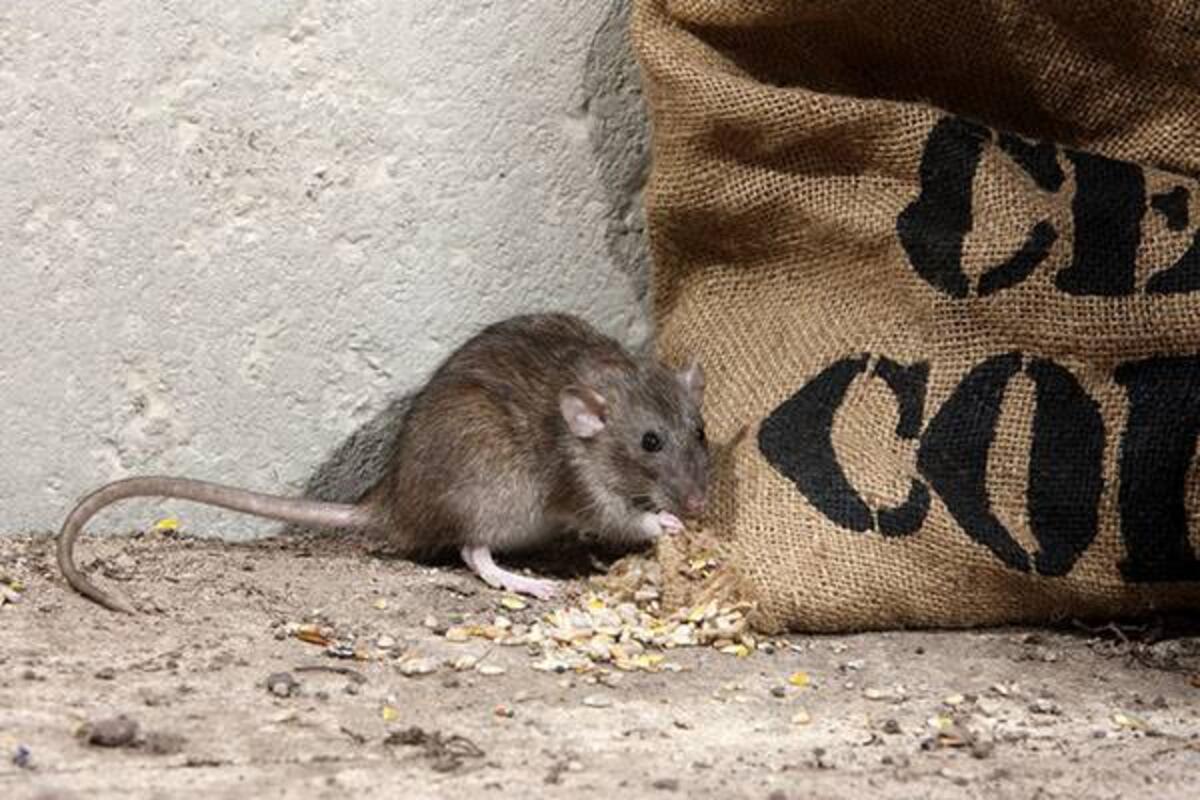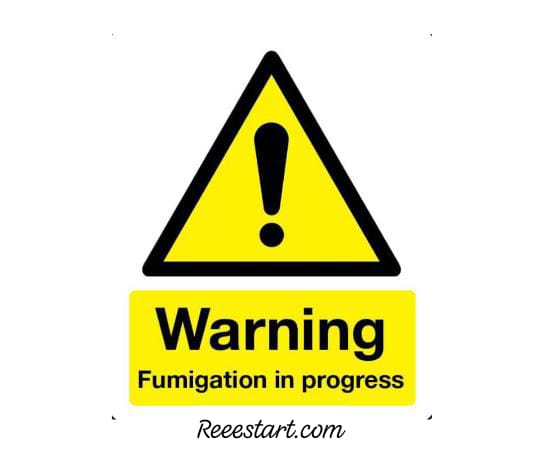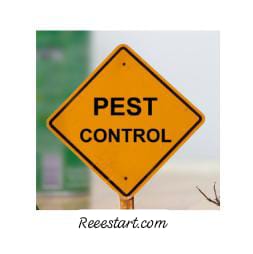Rodents can be a persistent and unwelcome presence in homes. They can damage property, spread diseases, and cause general discomfort, This article will provide you with effective strategies to Rodent Control and how to be safe from Rodent infestations.
Rodent Control
In order to keep Rodents away, you must pur in mind the following:
- You should seal Entry Point, Inspect your home for potential entry points, such as cracks, holes, or gaps around pipes, cables, and foundations, Seal these openings with caulk, steel wool, or expanding foam.
- You must Pay particular attention to areas around doors, windows, and vents.
- Store food in airtight containers.
- Also, you should clean up crumbs and spills promptly.
- Take out the trash regularly and keep garbage cans tightly sealed.
- Limit Water Access and Fix leaky pipes and faucets.
Outdoor Measures to Control Rodents
- Trim tree branches and shrubs away from your home to prevent access.
- Remove clutter and debris from your yard.
- Store firewood away from your home.
Secure garbage cans tightly.
Rodent Control Methods
If you already have a rodent problem, here are some effective control methods:
Trapping
- Choose humane or traditional traps based on your preferences.
- Place traps in areas where you’ve seen signs of rodent activity.
- Use bait to attract rodents to the traps.
Baits and Poison - Use rodenticides as a last resort and always follow label instructions carefully.
- Place bait stations in inaccessible areas to protect children and pets.
- Consider using snap traps for quick and effective results.
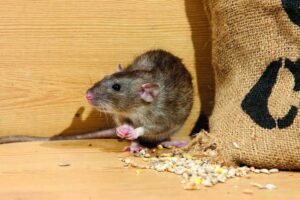
Professional Pest Control
If the infestation is severe or you’re unable to control the problem yourself, contact a professional pest control service.
Specific Rodent Control Products and Techniques
Here, We Focus on the most important techniques you should put into consideration to keep rodents away:
Snap Traps
- Snap Traps are effective and humane when used correctly.
- You should Place it near rodent runways or areas of activity.
- Use peanut butter or cheese as bait.
Rodent Bait Stations
- It contains pre-baited blocks or pellets.
you can place in areas inaccessible to children and pets. - Choose baits with active ingredients like bromethalin or diphacinone.
Ultrasonic Repellents
Ultrasonic repellent Emit high-frequency sounds claimed to deter rodents, about Effectiveness,It is debated, and results may vary.
Rodent Control Techniques
In the following, we concentrate on Rodent Control techniques:
Exclusion
- You should Seal entry points to prevent rodents from entering your home.
- Use steel wool, caulk, or expanding foam to fill gaps.
Sanitation - We must clean up food spills and crumbs promptly, and Store food in airtight containers.
Health Risks Associated with Rodents
Rodents are notorious carriers of diseases, Their presence in your home poses a significant health risk. Here are some of the most common diseases linked to rodents:
Direct Transmission
- Hantavirus, A potentially fatal respiratory illness spread through contact with infected rodent droppings, urine, or saliva.
- Lymphocytic Choriomeningitis, A viral infection transmitted through contact with infected rodent urine, saliva, or droppings. Pregnant women are particularly at risk.
- Rat-bite fever, A bacterial infection transmitted through a rodent bite or scratch.
- Salmonella, A bacterial infection causing food poisoning, often transmitted through contaminated food or water.
- Leptospirosis, A bacterial infection spread through contact with infected urine, often found in water contaminated by rodents.
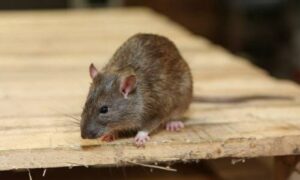
Indirect Transmission
Rodents can also indirectly transmit diseases by carrying parasites like fleas, ticks, and mites, which can then infect humans with diseases such as:
- Plague
- Typhus
- Lyme disease
Other Risks Caused by Rodents
Beyond disease, rodents can also cause:
- Property damage, They can chew through wires, insulation, and wood.
- Allergic reactions, Rodent dander and urine can trigger allergies and asthma.
- Psychological distress, The mere presence of rodents can cause anxiety and stress.
- In order to avoid these health risks, you should Implement the rodent control measures mentioned earlier, such as sealing entry points and maintaining cleanliness, which is essential for protecting your health and home.
Pesticides for Rodent Control
Here, we will mention the most important pesticides for Rodent Control:
Rodenticides
Rodenticides Are the specific type of pesticide used for controlling rodents. They are designed to kill mice, rats, and other rodents.
Types of Rodenticides
There are two main types:
- Acute rodenticides, These kill rodents with a single dose. They are often used in agricultural settings due to the risk of secondary poisoning to predators.
- Anticoagulant rodenticides, These prevent blood clotting, leading to internal bleeding and death,They typically require multiple feedings for effectiveness.
Important Considerations to put into mind
Rodenticides can be harmful to humans, pets, and wildlife if not used correctly, Always follow label instructions carefully.
- Rodenticides can impact the environment, so use them judiciously.
- Overuse of rodenticides can lead to rodent resistance, making them less effective.
- It’s important to note that while rodenticides can be effective, they should be considered a last resort, Non-chemical methods like trapping and exclusion are often safer and more environmentally friendly.
Interesting Facts About Rodents
Rodents are a diverse group of mammals that have conquered almost every habitat on Earth. Here are some interesting facts about them:
- Their constantly growing incisors are designed for gnawing. These teeth can chew through wood, metal, and even concrete!
- Prolific Breeders, Many rodents have high reproductive rates, allowing them to quickly colonize new areas.
- Nocturnal Habits, Most rodents are active at night, which helps them avoid predators.
- Diverse Diets, While many rodents are herbivores, some are omnivores or even carnivores.
- Excellent Climbers, Many rodents, such as squirrels and rats, are skilled climbers and jumpers.
- Intelligent Creatures, Some rodents, like rats, are known for their intelligence and problem-solving abilities.
- Economic Impacts, Rodents can be both beneficial and detrimental to humans. While some, like squirrels, are considered pests, others, like guinea pigs and hamsters, are popular pets.
Rodent control is essential for maintaining a healthy and safe environment, By understanding their habits, behaviors, and the potential harm they can cause, we can take proactive steps to prevent and manage infestations, Whether it’s through sanitation practices, exclusion techniques, or professional pest control services, effective rodent control measures can significantly reduce the risks associated with these pests. By implementing a comprehensive approach, we can protect our homes, businesses, and communities from the negative impacts of rodents.

